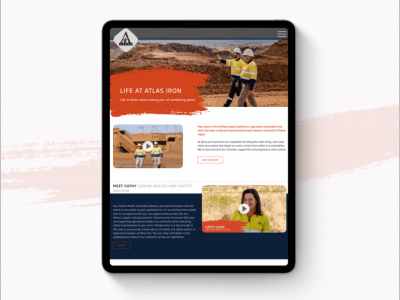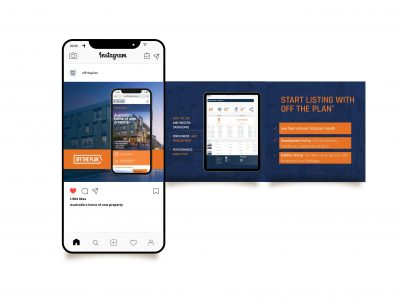Brand Identity: Building a unique brand personality

A good brand should occupy prime real estate within their customer’s minds. What is necessary is a nexus between the position of your brand personality and what resonates with your target audience.
What is a brand personality?
Firstly, let us explain the concept of a brand personality. A brand personality is not like a human personality, it is not a nuanced and multifaceted living being that has differing moods, drives and dreams. A brand personality is direct, consistent and singleminded, existing only to propagate a marketing messages to its customers.

Brand position: The ultimate driving machine.
BMW is one of the leading brand names within the automotive industry. Over the course of decades they have earned an image of luxury, precision and quality German engineering. Yet are their current marketing communications constructed around this subtle identity? Is this hard earned yet ethereal brand reputation ever relied upon? No. The current brand positioning of BMW is based around a slogan; “The Ultimate Driving Machine”. On the surface, it seems overly one dimensional, decidedly unimaginative. Yet if we discard rational interpretation and switch to an emotive one, what does it say? It says power. You’d have to be very special to be in charge of the ultimate driving machine and thus BMW have chosen the most basic of all human traits in order to consolidate their brand identity, pride. You too could purchase the power to operate “The Ultimate Driving Machine”. The aggressive styling and commercials that consistently feature dramatic music and dark woodland scenery serve only to reinforce the undertone of mysterious power.
How your brand’s design can play to emotions.

Brand position: I’m lovin’ it.
Many famous brands use the same tactic of appealing to human frailty, “Because you’re worth it” is an unashamed appeal to vanity, “I’m loving it” a condensed hymn to the virtue of self indulgence. How does this knowledge benefit your business? Namely, in a simple set of realisations, the best marketers in the world will not position a brand using complex messages. In a commercialised society where people are bombarded with information this is not effective. Everything your brand offers should be constructed around a solid and simple emotive core. It’s this core that draws and keeps attention, that gives the psychological impetus needed to drive a connection with consumers.
Can these tactics work for smaller brands too? Are they ethical? Are there current marketing campaigns that offer alternatives to this model? We’ll be looking at these questions in subsequent posts.
Related Articles
-
3 Reasons Why You Need a New Website
A professional looking, lead generating website is the first step for any Digital Strategy. There are many good reasons for needing a new website, but below are the TOP 3 reasons ...
More -
How Important Is Your Brand to Your Future Marketing?
Brand dwells in the minds of consumers for a long time, and therefore branding is essential to your future marketing. Opportunities grow with the right branding, whereas reputation and value ...
More -
Building Your Digital Brand Experience Online & Beyond
By going digital, you are expanding your marketing campaign online. You start designing a website as a digital representation of your brand, but how do you make it impactful? This ...
More -
Why Website Design Is One Of The Most Important Aspects Of Corporate Brand Rollout?
A brand rollout is a brand new start which has a roll on effect on all your marketing and promotional collateral – including online touch points like your website design.What ...
More




